Industrial safety Objective Questions
Question 1
The purpose of a lock-out/tag-out procedure is to:
(A) Improve productivity on the job
(B) Secure harmful energy sources to prevent injury
(C) Slow down work so technicians are less stressed
(D) Save money
(E) Identify personal items to avoid theft
Answer : B
Question 2
The purpose of CPR is to:
(A) Maintain oxygenated blood circulation
(B) Stabilize body temperature to avoid hypothermia
(C) Build upper body strength
(D) Dislodge blood clots within the victim’s lungs
(E) Prevent infection resulting from open wounds
Answer : A
Question 3
The very first thing you should do if you are the first to witness or discover an accident on the job site is to:
(A) Go find at least one co-worker to help you so you can work as a team
(B) Go to the scene and help the person(s) injured
(C) Find and fill out the necessary forms to document the incident
(D) Activate the emergency response system
(E) Contact your supervisor to report the incident
Answer : D
Question 4
The purpose of a cartridge-style respirator is to:
(A) Reduce the concentration of particulates in the air you breathe
(B) Provide a pure oxygen breathing environment where there is insufficient oxygen in the air
(C) Enhance your personal appearance for maximum social appeal
(D) Convert exhaled carbon dioxide back into oxygen for re-breathing
(E) Reduce noxious odors in the air you breathe
Answer : A
Question 5
Shock is defined as an abnormal condition of the body where:
(A) A broken bone has penetrated the skin
(B) The lungs are unable to process oxygen properly
(C) The muscles in the body have “frozen” and will not move
(D) The heart stops beating normally, and “quivers” instead
(E) There is insufficient blood delivered to the body’s cells
Answer : E
Question 6
A confined space is deemed ready for employee entry when:
(A) A company safety inspector has certified it
(B) The unit operations foreman declares it ready
(C) An engineer has completed the necessary calculations
(D) Your supervisor assigns you to the job
(E) An independent inspection agency has completed their survey
Answer : A
Question 7
One of the common signs of a heart attack is:
(A) A sharp pain in the lower area of the spine
(B) Loss of bowel control
(C) A feeling of numbness in the legs
(D) Discomfort in the chest and/or upper body
(E) A general feeling of restlessness and anxiety
Answer : D
Question 8
Heat stroke is often indicated by the following symptoms:
(A) A sudden affinity for country-western music
(B) Dizziness, vomiting, cold skin, profuse sweating
(C) Cold and clammy skin, thirst, vomiting, confusion
(D) Hot and dry skin, inability to drink, vomiting, confusion
(E) Blue-colored skin, extreme hunger, feelings of anxiety, thirst
Answer : D
Question 9
Arc blast is caused by:
(A) Poor contact within electrical wire splices
(B) Radio frequency emissions from high-power transmitters
(C) Discharge of high electrical current through open air
(D) Failure to lock-out and tag-out electrical breakers
(E) Ionization of gases near high-voltage electrical conductors
Answer : C
Question 10
Current measurements are more dangerous to make with a multimeter than voltage measurements because:
(A) You must use both hands to take the measurement
(B) Most multimeters are unfused
(C) The resulting magnetic fields may be very strong
(D) The circuit must be broken (opened)
(E) A fuse protects the voltage measurement ranges, but not current
Answer : D
Credits : by Tony R. Kuphaldt








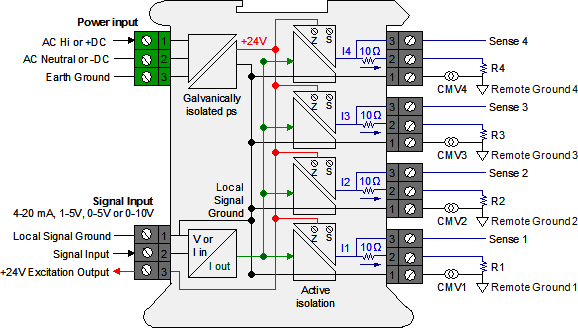

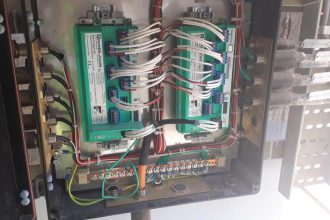
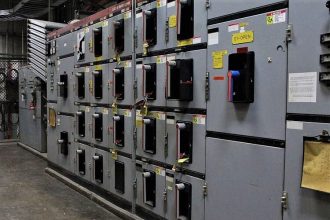

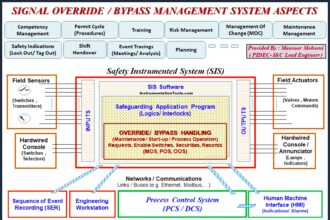
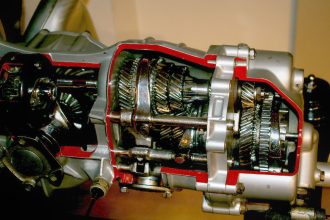
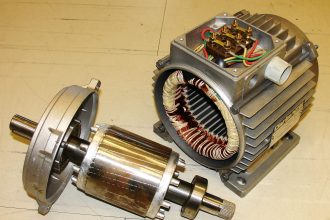

good effective knowledge